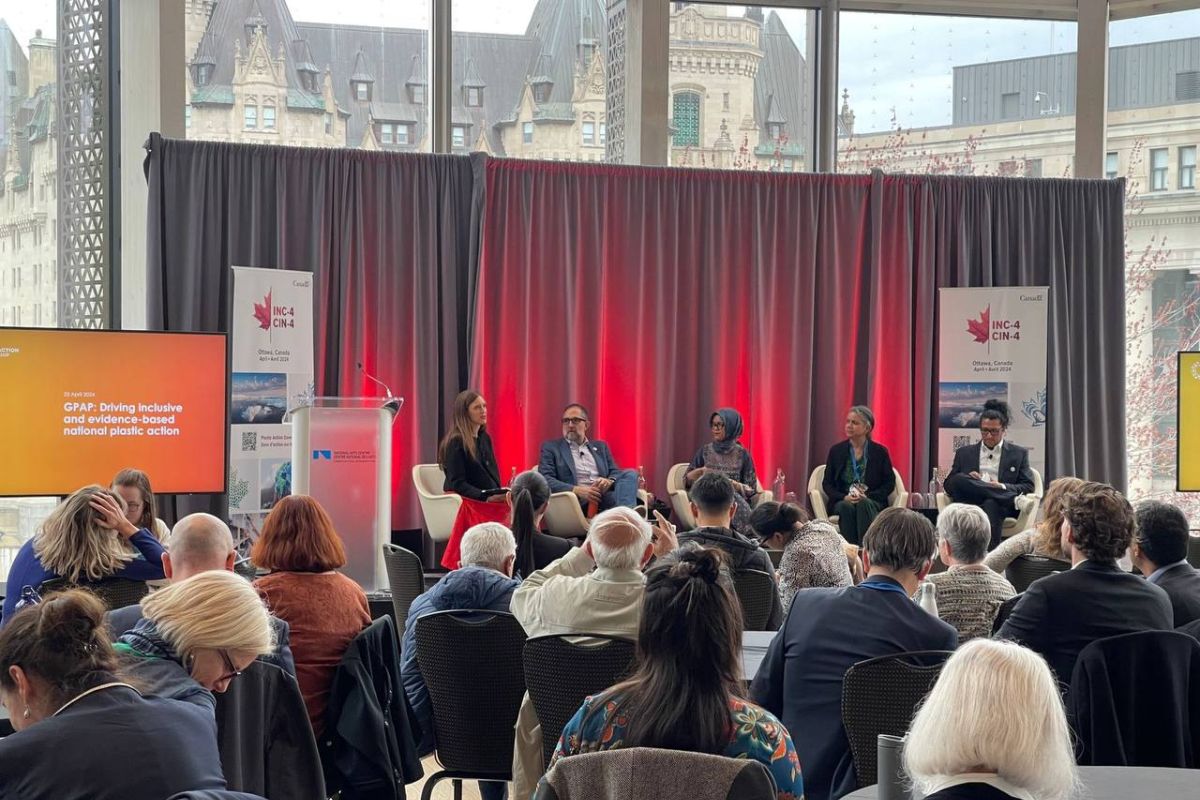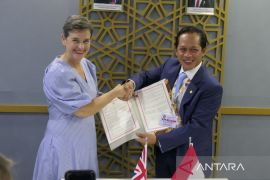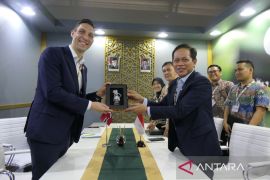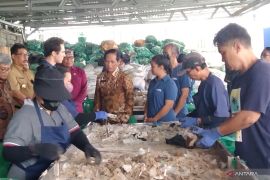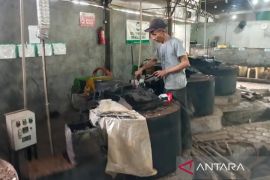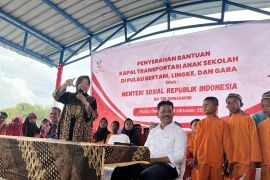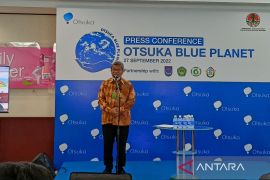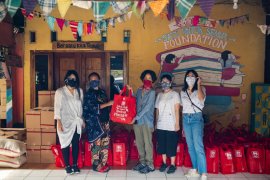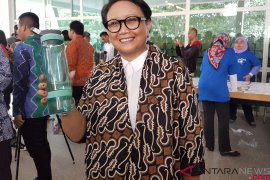The meeting, called the Intergovernmental Negotiating Committee-5 (INC-5), is expected to finalize the text of the Global Plastic Treaty (GPT) that binds all countries in the world.
This agreement shows that the world has acknowledged that irresponsible plastic production and consumption patterns cause environmental pollution and contribute to the triple planetary crises of climate change, pollution, and biodiversity loss, which threaten the future of humanity.
The negotiations will certainly not go smoothly. For developed countries already having qualified technology, capacity capabilities, and adequate financial support, it is generally demanded that this agreement be binding.
On the other hand, the agreement will have a fundamental impact on the economies of oil-producing countries that depend on the production of plastic raw materials, such as polyethylene (PE) and polypropylene (PP), as well as countries that rely on manufacturing industries made from plastic raw materials.
Emerging countries will need a transition period due to limited access to funding and technology if the agreement is implemented rigidly.
Most developing countries, including Indonesia, advocate for shared responsibility based on readiness and priorities.
Plastics, humans, and the environment
Plastic was first discovered in 1904 and mass-produced in the 1920s. In today's world, plastic permeates virtually every facet of our existence, touching nearly everything we use and encounter throughout our day.
Despite advances in alternative materials, plastic's cost-effectiveness, durability, and lightweight remain unmatched. While biodegradable plastics have emerged as a potential solution, concerns persist about their breakdown into microplastics, undermining their promise as a sustainable alternative.
Plastic takes hundreds to thousands of years to decompose naturally.
The World Economic Forum (WEF) estimates that by 2050, there will be more plastic waste in the ocean than the number of fish if no serious action is taken.
The Organisation for Economic Co-operation and Development (OECD) report revealed that world plastic production in 2020 was at 431 million tons per year, with a projection in 2040 to reach 736 million tons. Indubitably, mass production and consumption without good management will result in leakage into the environment.
Plastic waste that ends up in rivers, lakes, and oceans is projected to reach 300 million tons by 2040.
According to Our World in Data, the amount of plastic waste has increased sharply in the last 70 years. In 1950, the world only produced about two million tons of waste, but today, it is estimated to reach 450 million tons.
Around 43 percent of plastic waste worldwide is disposed of carelessly or improperly managed. This results in a recycling rate of only six percent, according to OECD in 2024.
Related news: Indonesia backs global fight against plastic waste
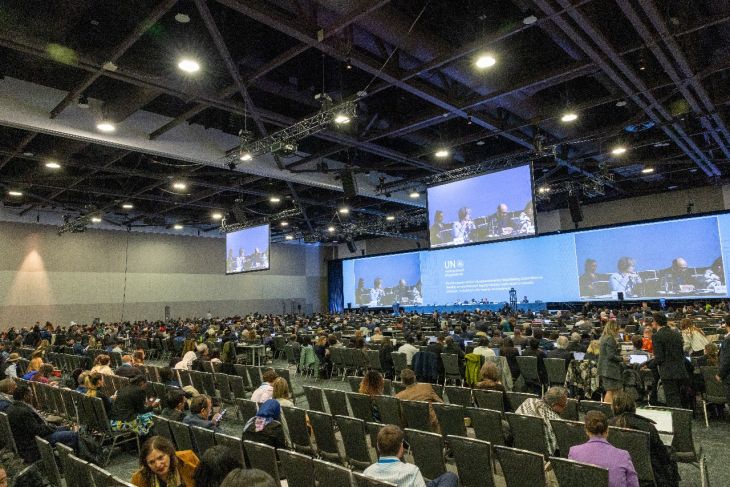
Recognizing the urgent threat of plastic pollution to the environment and humans, the United Nations Environment Assembly (UNEA), in a session attended by 175 member countries, issued Resolution Number 5/14 in 2022, which encourages the formation of an International Legally Binding Instrument) known as the Global Plastic Treaty (GPT).
UNEA then assigned the United Nations Environment Program (UNEP) to organize a session involving the government and all stakeholders referred to as the Intergovernmental Negotiating Committee (INC).
GPT is expected to encourage innovations to replace environmentally friendly plastic substitutes and promote a green economy by applying a circular economy to plastics.
However, for developing countries, the high transition costs due to the lack of infrastructure, technology, and capacity to manage waste are major challenges that must be overcome.
Tough negotiations
Given the diversity of the parties, the negotiation process is sure to be quite tough, focusing on the binding nature of GPT or based on the principle of voluntary-approach provision.
Even with the principle of voluntariness, each country will still be required to make a national action plan to ensure the achievement of reducing plastic pollution.
Key parts of the GPT being negotiated are the regulatory aspects of plastic polymers that include trade and the components of chemicals used, microplastics, mobilization of funding, equitable transition, producer responsibility, packaging design, national action plans, implementation and compliance, and oversight systems.
It is interesting to follow the direction of dialogue, discourse, and negotiation after INC-5, which will discuss the details of the instrument.
If the GPT script can be agreed upon, it will still take more time for each country to ratify it.
Indonesia's role and the impact of GPT
Cottom et al. (2024) revealed in a research titled "A local-to-global emissions inventory of macroplastic pollution" that Indonesia is the third-largest contributor to plastic pollution in the world, with an estimated leakage of plastic waste, excluding microplastics, of 3.4 million tons per year.
This is ironic, as Indonesia's per capita plastic consumption is relatively low, at around 22 kg per year.
Through Presidential Regulation No 83 of 2018, the government has committed to reducing plastic waste leakage into the ocean by 70 percent by 2025, with a target of close to zero by 2040.
Until 2023, around 41 percent of the target has been met, and the government needs to work hard again to meet the target.
In mid-2024, the Ministry of Environment and Forestry launched the Zero Waste Zero Emission 2025 document, which targets Indonesia to achieve net zero emissions by 2050.
In addition, Indonesia has policies that are the basis for implementing extended producer responsibilities (EPR) as stated in Law No. 18 of 2008 on Waste Management.
Producers must develop a roadmap with a target that by 2029, post-consumption waste, including plastics, can be reduced by up to 30 percent.
Indonesia must view GPT as the first step to encourage a green economy towards a Golden Indonesia 2045.
Some necessary steps entail the government taking ambitious and measurable steps towards plastic production and consumption.
Moreover, the government must present a system oriented towards changing people's behavior and implementing a simple and applicable household waste management system.
Applying a systematic, transparent, and universal extended producer responsibility (EPR) scheme and strengthening innovation and entrepreneurship for environment-friendly plastic substitutes are other areas that necessitate attention.
Indonesia, through the National Plastic Action Partnership (NPAP) initiative, under the coordination of the Coordinating Ministry for Maritime Affairs and Investment since 2020, has become a forum for multi-stakeholders to plan, implement, and disseminate initiatives that can step up efforts to reduce plastic waste.
With the preparation and implementation of GPT, Indonesia can become an example for countries that harbor ambitions to overcome the problem of waste and plastic pollution through collaboration. (INE)
*) M. Wahid Supriyadi is the Chairman of the National Plastic Action Partnership (NPAP), the Indonesian Ambassador to the UAE (2008-2011) and the Indonesian Ambassador to the Federation of Indonesian Prisoners in the Republic of Belarus (2016-2024).
The views and opinions expressed on this page are those of the author and do not necessarily reflect the official policy or position of ANTARA News Agency.
Related news: Norway, ASEAN cooperate in reducing marine plastic pollution
Related news: Indonesia, UAE team up to combat river plastic pollution
Copyright © ANTARA 2024
